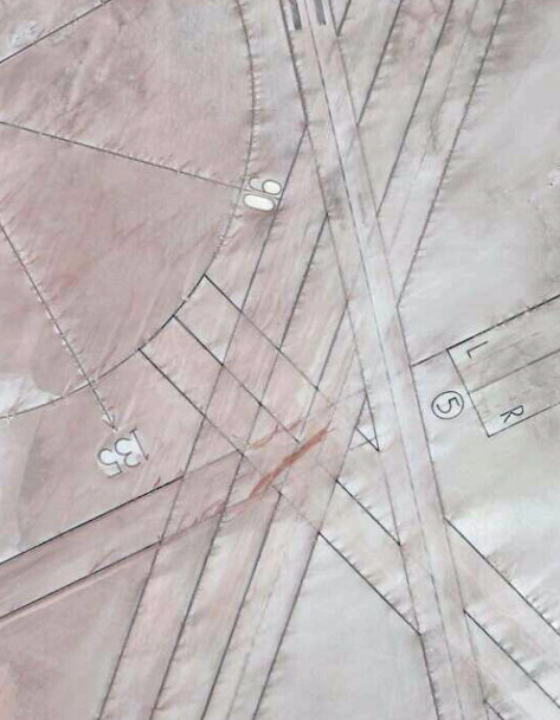Today children grow up with all the accessibility online possible. In my observations, more than most (if one can say so) adults really don’t know or care about their online footprints and integrity when they use everything from desktop to mobile devices. These people do basic browsing and access social media, connecting and hooking up everything. There’s a problem in this, since these parents won’t be able to teach their children manners online regarding security, integrity and protection – then who will? Schools are full adults who are exactly like this, so there’s nothing better there. Imagine how children will grow up taking this for normality, that companies, workplaces, schools and every device used is registering and collecting data on you. We have to remember that is only a function, not a necessity and there are ways to be smart about this in ones private life, especially learning children about this. Because peer pressure might cause people to use service one otherwise ought not to, or in a way that’s not good.
In this post I want to give some practical online tips, they are good for anyone and anything online really doesn’t care about the age of someone. Consider them as the fundamental must-have’s for all. They are very important to children so they can expand this.
Stop Trackers & Ads
Every browser has plugins that can be installed, one of the most important is Ghostery. It blocks you from being tracked when visiting websites. Most pages have these services more or less, some have up to 20 trackers that will follow you. Some of these are affiliate links and others just data collectors. In any way, you don’t need them so get rid of them.
Another great plugin is Adblock Plus that removes all ads everywhere, on websites, videos and that means YouTube also. Despite that this plugin has been out for years people still don’t know it’s there and don’t use it. Ads on the internet are basically a punishment for anyone not using Adblock Plus =)
Opt Out
In most apps you can go to the privacy settings and basically remove any options that send out data to the app company or other third parties. Also, there are services that always want to sync your data, contacts, photos or what have you. Opting out form this saves you battery life and reduces the footprints you leave.
Get Physical…
Remember, if you don’t feel like being photographed by someone who you regard as being irresponsible online, say no. People do leave behind photos on their social media that are old and some people just leave behind blogs. Be conscious when you’re asked or invited to be part of something online. Check out who they are, what they have done and so on. It’s not to be rude but to be smart. Our parents thought us not to take candy from anyone on the street so the same behavior goes for online dealings.
Metadata & Exif Info
Another thing is that people most often just post pictures, they don’t even know about the metadata in them. Any responsible blogger will know how to save a photo for the web. Meaning:
- Reduce the size and quality of the photo which is a standard online. The size of a photo straight from a camera is to big which is not needed for online posting. By reducing the size the loading goes faster.
- Strip away the exif data. This is the information that says when and by what camera the photo was taken.
This are the basics. They make sure no one can use the photo for a billboard or other commercial purpose due to the size reduction. The other is that the photo becomes sort of anonymous when the exif data is stripped.
Cookies & History
Make sure you have set how your browser deals with cookies and history. You can have it remove everything after closing down the browser, or after some period of time like weeks. By having Ghostery and Adblock Plus installed you have already removed the bad data that gets saved. Nevertheless, like a home, even the browser needs to be cleaned out.
Encyption
Encrypt your computer and always use either a Mac OS or Linux system. Windows is worthless, stay away from it and if your workplace has it, just don’t get to cozy with it outside of work related stuff. Encryption makes sure that when you shut down your computer, nobody can get access to the data without the password. They can take the hard drive and erase it, but that’s that. Your information belongs to you alone. This is especially important for external hard drives. Here’s a short guide on how to format and encrypt an external drive in Mac OS. Most Linux users know this so the guide isn’t needed there, besides, the principle is the same.








What do you think?